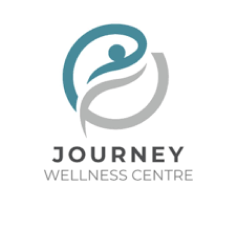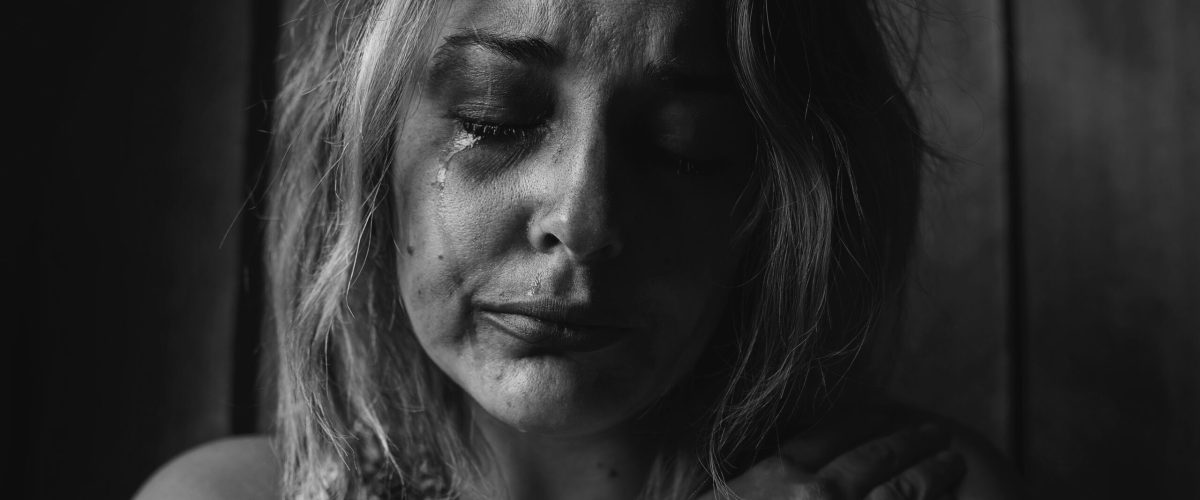
People who are addicted to substances or certain behaviors suffer from terrible shame and guilt.
Shame and guilt from the way they behave, the damage and pain they inflict on their families and the people who love them, wanting and wishing that they could “just stop” and not being able to mange to do exactly that. It can take years before they can admit to themselves and others how “defective” they are, not being able to drink like normal people do, and stop before it’s too late.
The shame and guilt fuels the addiction, its like a vicious cycle that cannot stop, the more guilty they feel, the more substances they will consume to try and block those feelings – which only continues the sequence of abusing themselves and others.
Core beliefs
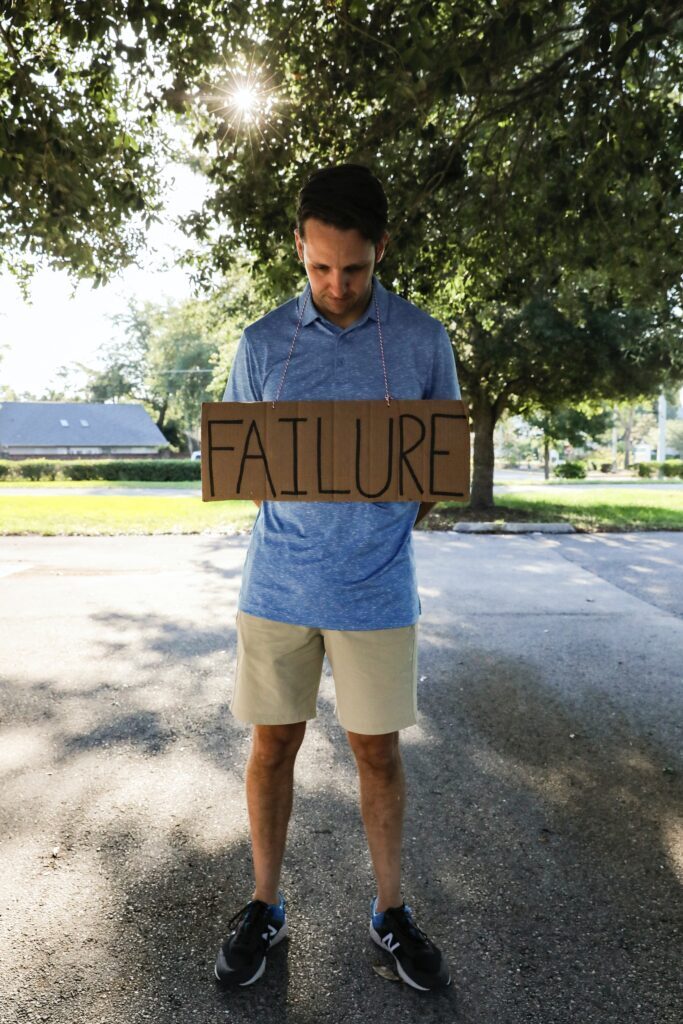
For most addicts the idea of shame and guilt is a familiar feeling that did not start with addiction, they are the most destructive core beliefs that began in childhood. Shame is learnt in childhood when we are told “you should be better than this”, “why can’t you do better at school?”, “why can’t you behave as well as…”. When minor mistakes are treated like felonies, when we learn that to be loved you need to be “perfect”, otherwise love will be withheld from you, your shame grows in the darkness. A child cannot understand that no one is perfect, they interpret those messages as being abandoned, unworthy of love. It might not be reality, but to a child it can feel very real. It becomes so imbedded in the way they view themselves.
Seeing yourself as unworthy

Feeling of shame and guilt begin with believing you are unworthy. Unworthy of care, unworthy of happiness or success, unworthy of being loved. If you don’t see yourself as worthy of those basic needs, when you do receive them, you might feel like a “cheat”, you could end up creating the experience that will destroy what you believe you don’t deserve. Your distorted self-esteem will excuse and remind you, “yes, I was right, I do not deserve to be loved because I am no good.” And if you believe you are so bad, you can’t consider the possibility that you can change.
The difference between shame and guilt
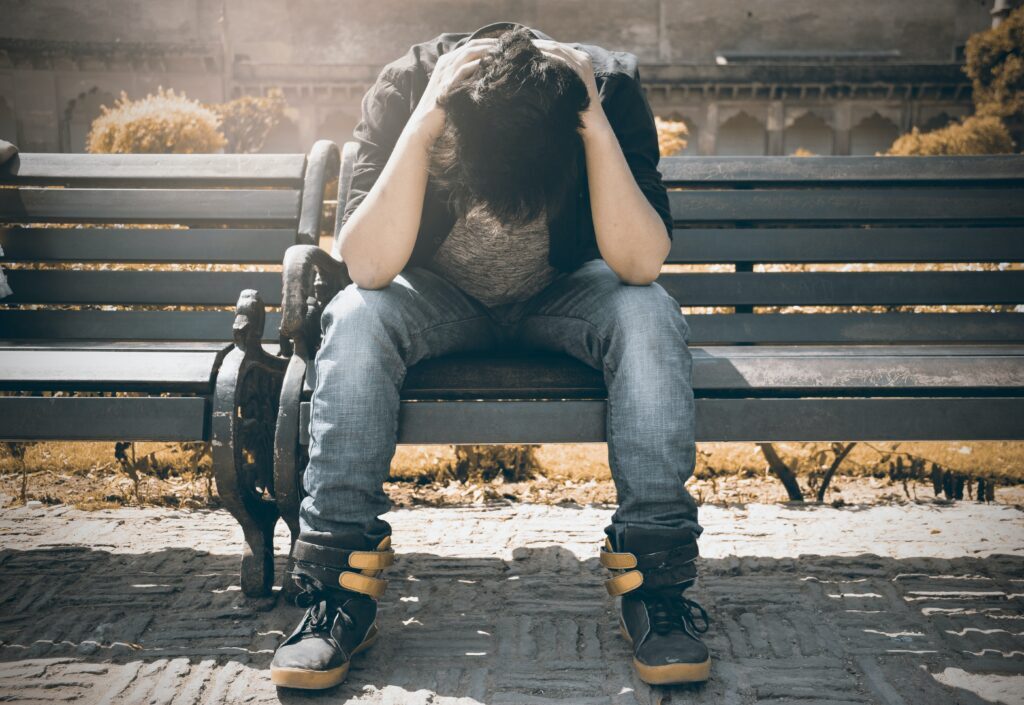
Shame and guilt are not the same emotions.
Shame is primal, an old belief about oneself, like a chameleon it can manifest as rage, fears, controlling behavior, depression, or feeling numb. Shame is about the self; “if they will know how I feel, they will know how defective I am, I must hide that part of me”. Shame is your distorted self-esteem, a space where you feel trapped.
Guilt is connected to action, we feel guilty when we do something we know is wrong, when we break specific rules or morals. When we abuse substances and hurt our loved one. Guilt is about an action you do and not about you.
In recovery we learn that we have options, we can take responsibility for those choices.
“Shame dies when stories are told in a safe place” – Ann Voskamp
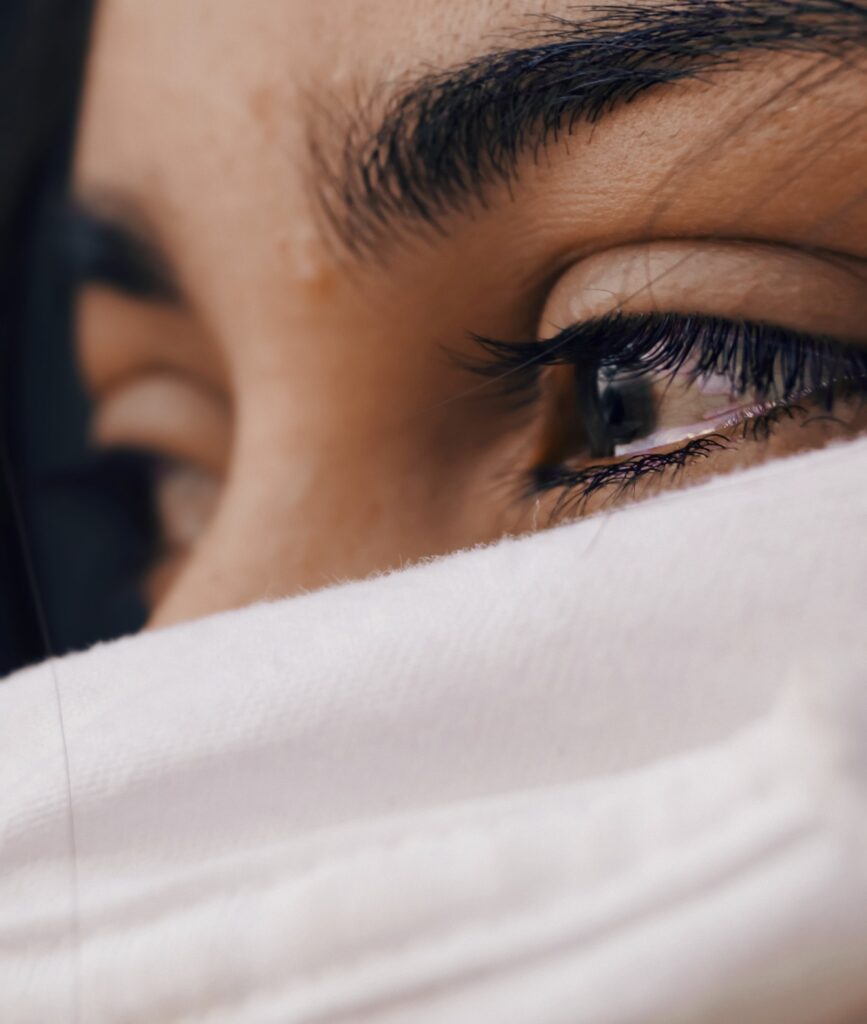
The very nature of shame is to protect itself from exposure, opening up and sharing your feelings can feel impossible and threatening, making one feel vulnerable and out of control, naturally one will want to stay loyal to that emotion, it kept you safe and helped you survive, but true healing comes when we allow ourself to share our deepest secrets, our shame, and accept ourselves for who we are, for not being perfect. Learning our true worth, challenging our self-beliefs, growing to trust and believe in our goodness and our ability to change.
In recovery we gain a sense of wellbeing that we might have never experienced before, a serenity and self-acceptance.
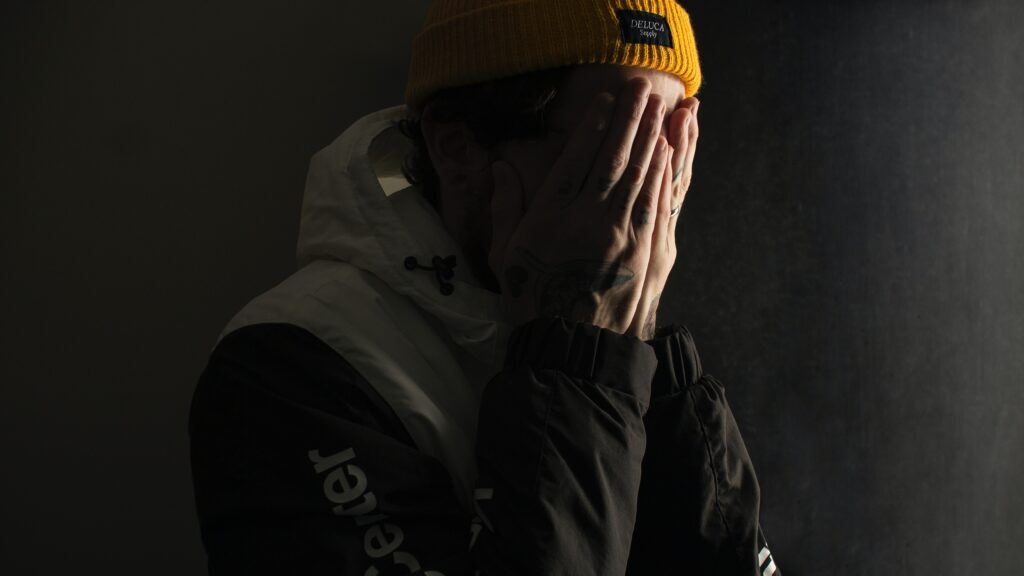
Be gentle with yourself, when making a mistake, take responsibility for your actions, become accountable and practice being kind to yourself, let go of the brutal perfectionism and allow serenity, peace, and healing into your life.

